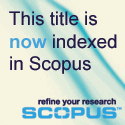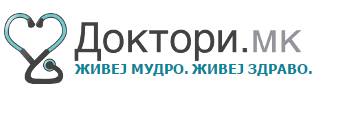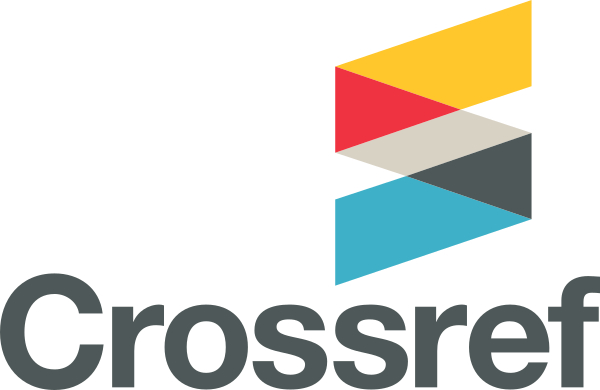JSER Policies
JSER Online
JSER Data
Frequency: quarterly
ISSN: 1409-6099 (Print)
ISSN: 1857-663X (Online)
Authors Info
- Read: 9356
Goran AJDINSKI, Ljupco AJDINSKI
USED TERMINOLOGY FOR HANDICAPPED PEOPLE
For easier and more simply reconcile the position of the terminology, we want to emphasis who are the persons with handicap, or disabled persons for whom we are going to make effort to find the authentic terms.
In many different countries exist different definitions for the term: disablement. We use the term “persons with handicap” very often, but is it the right solution? Because this problem is not solved at the world frames, in this presentation we try to gave the authentic and objective use of this terms in the practice, communications and in the legislative here and in the worldwide.
In this presentation we are giving the description only for some mentioned terms, which are very important and it also want exceptional treatment (for example: defect, handicap, abnormality, developmental difficulties, difficulties in the social integration, the persons with special needs and etc.)
With this presentation we want to emphasis just the terminology connected with the handicapped persons, or invalid persons by the existed classifications.
Share Us
Journal metrics
-
 SNIP 0.059
SNIP 0.059 -
 IPP 0.07
IPP 0.07 -
 SJR 0.13
SJR 0.13 -
 h5-index 7
h5-index 7 -
 Google-based impact factor: 0.68
Google-based impact factor: 0.68
Related Articles
10 Most Read Articles
- PARENTAL ACCEPTANCE / REJECTION AND EMOTIONAL INTELLIGENCE AMONG ADOLESCENTS WITH AND WITHOUT DELINQUENT BEHAVIOR
- RELATIONSHIP BETWEEN LIFE BUILDING SKILLS AND SOCIAL ADJUSTMENT OF STUDENTS WITH HEARING IMPAIRMENT: IMPLICATIONS FOR COUNSELING
- EXPERIENCES FROM THE EDUCATIONAL SYSTEM – NARRATIVES OF PARENTS WITH CHILDREN WITH DISABILITIES IN CROATIA
- INOVATIONS IN THERAPY OF AUTISM
- AUTISM AND TUBEROUS SCLEROSIS
- DIAGNOSTIC AND TREATMENT OPTIONS IN AUTISTIC SPECTRUM DISORDERS – AN OVERVIEW
- THE DURATION AND PHASES OF QUALITATIVE RESEARCH
- REHABILITATION OF PERSONS WITH CEREBRAL PALSY
- DISORDERED ATTENTION AS NEUROPSYCHOLOGICAL COGNITIVE DISFUNCTION
- HYPERACTIVE CHILD`S DISTURBED ATTENTION AS THE MOST COMMON CAUSE FOR LIGHT FORMS OF MENTAL DEFICIENCY
















